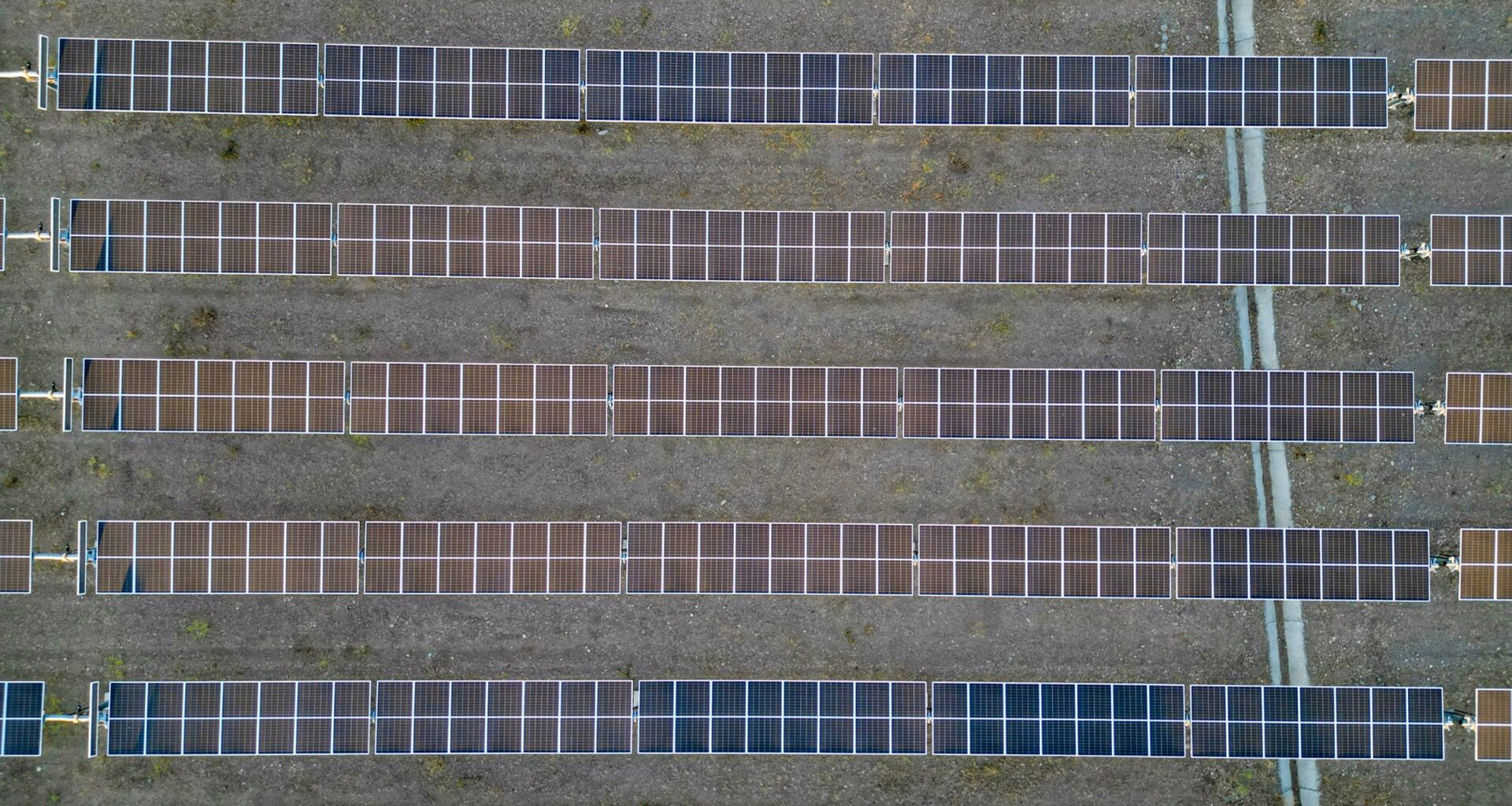Türkiye’s energy import bill is projected to decline by 2.4% year-over-year by the end of 2025, according to the country’s updated medium-term program (MTP).
The bill is seen falling to $64 billion, compared to $65.6 billion last year. Brent crude oil prices, which averaged $80.5 per barrel in 2024, are expected to close this year at around $70.
Büşra Zeynep Özdemir, an energy researcher at the Foundation for Political, Economic and Social Research (SETA), said the projected decline is largely driven by a rise in domestic energy production.
“Growth in electricity generation is just one of the drivers of this decline,” Özdemir told Anadolu Agency (AA).
In the first half of 2025, Türkiye’s electricity output rose about 5% year-over-year, from 163,493 gigawatt-hours to 171,348 gigawatt-hours, according to the Energy Market Regulatory Authority (EPDK).
Installed capacity reached 119,632 megawatts in June, up from 113,252 megawatts a year earlier. Most of the growth came from renewables, particularly solar and wind, with renewable capacity rising from 66,212 megawatts to 72,544 megawatts.
Oil production climbed from 3 million barrels in the first half of 2024 to 4 million barrels in the same period this year, largely due to the Gabar field in southeastern Türkiye.
“We expect this upward trend to continue with new exploration and production activities both domestically and abroad,” Özdemir said.
Natural gas output also increased, from 203 million cubic meters in December 2024 to 288 million cubic meters in July 2025.
“With new wells being drilled in the Sakarya Gas Field and the planned commissioning of the floating production unit Osman Gazi next year, we anticipate production will grow substantially,” Özdemir added.
Falling Asian demand pressures prices
Özdemir noted that weaker international oil and gas prices have also eased import costs, citing the role of supply-demand dynamics.
“Brent crude remaining around $70 per barrel by year-end will support the decline in the import bill,” she said.
Falling hydrocarbon demand, particularly in Asia, has driven prices lower for European buyers seeking alternative suppliers in the wake of the Russia-Ukraine war, she noted.
“Although ongoing conflicts in the Gulf, Israel’s intensifying war, and military interventions extending to Lebanon, Yemen, Iran and most recently Qatar have briefly lifted oil prices, expanded supply amid weakening demand has pushed them back down,” she added.
Transition targets to cut import dependence
Türkiye has updated its 2035 energy targets in line with its 2053 net-zero emissions goal, with wind and solar capacity expected to reach 120,000 megawatts.
Özdemir noted that the first reactor of the Akkuyu Nuclear Power Plant, scheduled to come online in 2026, will further reduce reliance on thermal power.
Once fully operational in 2030, the plant is expected to significantly cut fossil fuel-based energy imports.

The Daily Sabah Newsletter
Keep up to date with what’s happening in Turkey,
it’s region and the world.
SIGN ME UP
You can unsubscribe at any time. By signing up you are agreeing to our Terms of Use and Privacy Policy.
This site is protected by reCAPTCHA and the Google Privacy Policy and Terms of Service apply.

